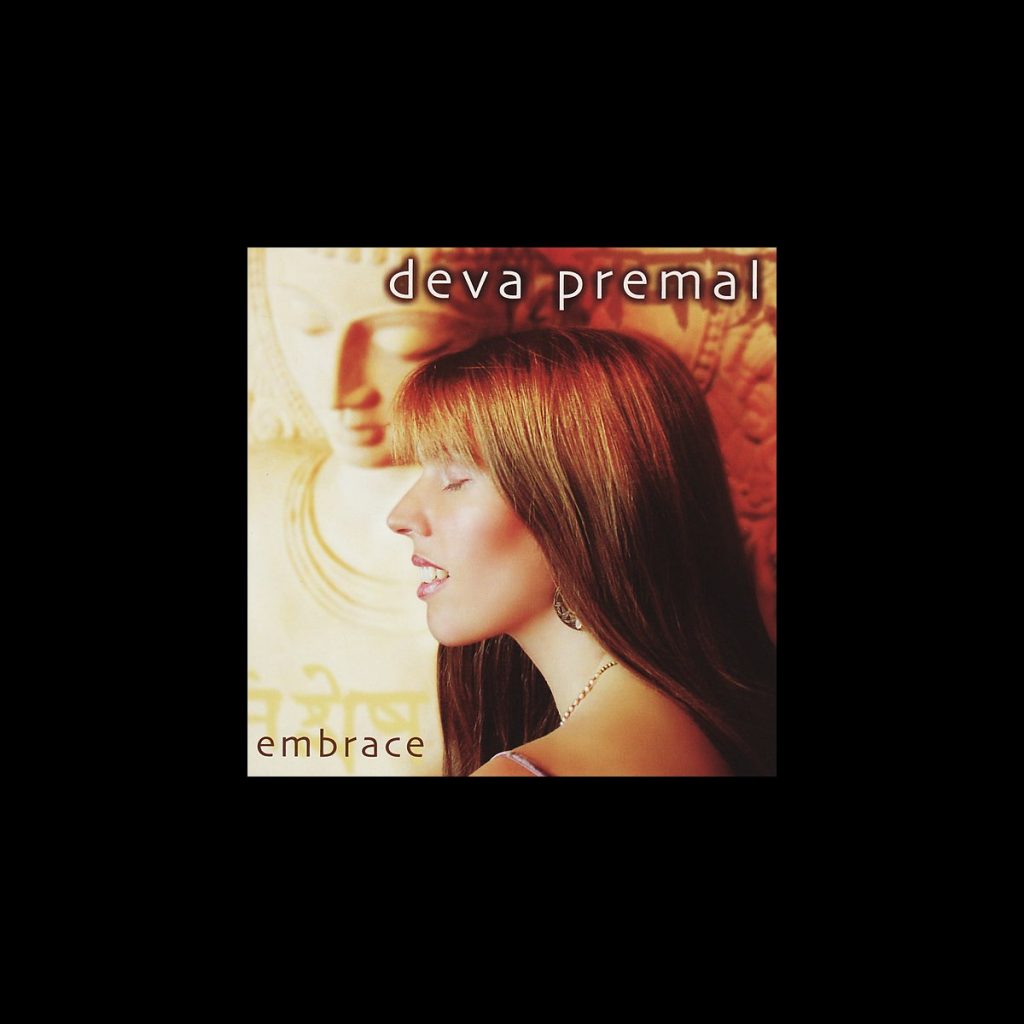OM NAMO BHAGAVATE VASUDEVAYA
Click here for this chant, sung by Deva Premal, that is played at the beginning and end of each session of the recording of Eckhart Tolle’s retreat Freedom from the World. Here I am paraphrasing what he says about it.
With some music, particularly this kind of music, the sound points to the silence beyond, so that when you listen to it, the silence – what is not there – is more important, more powerful, than what is there. This is not the kind of music that emphasises the form. In the case of music, the form is the sound, so music like this does not emphasise the form, as does most western music. That can be beautiful too, but music like this does not emphasise the form and so your attention is being drawn to the formless, to the silence that lies between the sounds.
Instead of listening to the sounds of the flute or the voice or whatever is playing the melody, you begin to listen to the silent places, to which all the sound points. Then the active listening that you are doing becomes a meditation and you enter Presence. This is because the moment you listen to silence there is stillness in you and stillness is (pure) consciousness. In the still consciousness, formless, unconditioned, you are simply the essence of you. So one could say that this kind of music brings out you – the essence of you.
Traditionally, music like this has been played by monks or nuns in meditation. When musicians took over they became good technically and very often the essence wasn’t quite there any more, because in a subtle way it only seems to work when the person who is playing is in a meditative state. So, for example, when the sound of the flute subsides and dies away, very subtly it goes from being manifested into the unmanifested, and then it takes you with it into the stillness.
Tolle goes on to draw an analogy between this kind of experience of music, and the experience we can have in any human encounter. Is only the form there in the encounter? Or is there Presence in the interaction between you and another human being? That is a qualitative difference that’s enormous, and sometimes quite noticeable in our interactions with others if they, or we, are actually preoccupied with something else and just going through the motions of having a conversation. In the case of meditative music, you can be preoccupied with the musical form, and if you are, you might find the ‘music’ wanting, too repetitive, boring, etc. But if you allow the music to lead you into Presence, that will be the point when the ‘musical’ considerations disappear.
For clarity, it will be noted that Tolle makes the distinction between form, or the manifested, and essence in a sense that is more like Aristotle than Plato. The form is not something ideal. So what we see and experience is the outer, the form, and it has structure and ‘substance’. In the case of music, it is what is heard by the ears; whereas the essence, or the formless, which cannot be directly perceived, relates to the divine, to the inner, to the eternal mystery, or to what Tolle calls Presence. These words, form and substance, can be quite tricky for the practitioner of philosophy and theology since their meanings have changed over time and mean different things to different people who use them.

